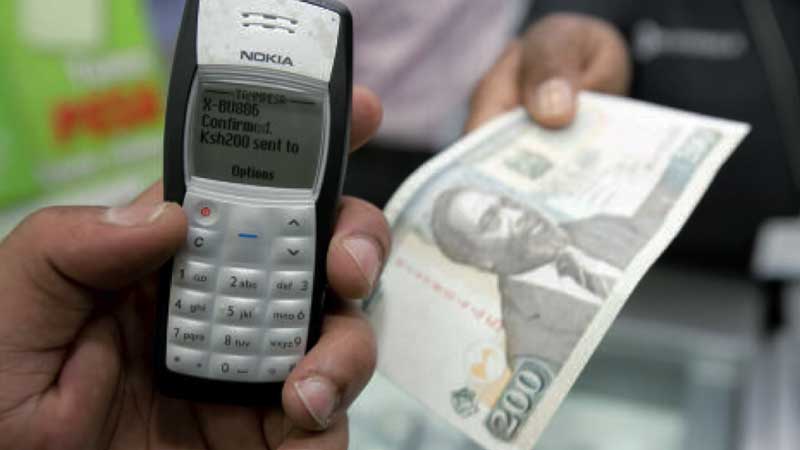×
The Standard e-Paper
Stay Informed, Even Offline

Majority of Kenyans borrowing loans from mobile phones do not believe they have to pay back, a situation that is troubling banks venturing in this lucrative but risky segment.